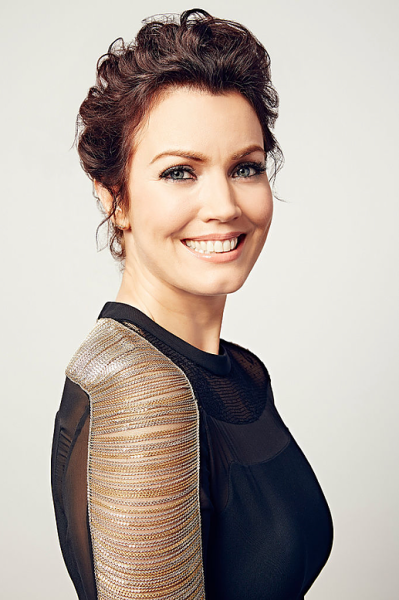HBO Max’s “Bama Rush” investigates Alabama sorority culture

Photo obtained from IMDb
“Bama Rush” brings viewers into the life of a real Alabama student going through rush.
On May 23, HBO Max released the documentary “Bama Rush” which gained tremendous internet popularity over its deep dive into The University of Alabama’s greek life.
The documentary opens with a series of TikTok clips featuring the online craze surrounding Alabama rush, highlighting the different types of videos that went viral surrounding the recruitment process.With dramatic music, the videos focused on both the bright side, and the toxic side of Greek life. Viewers are introduced to a series of girls who become the main subjects of the documentary: Isabelle Eacrett, Hailey Holliday, Makalya Miller and Shelby Rose. Each girl’s rushing journey at The University of Alabama is tracked throughout the documentary, as well as how they dealt with the intense Greek culture.
The rushing process was explained simply, broken into four rounds, each round consisting of an evaluation of the prospective member, and the prospective sororities. Rounds became increasingly competitive as space in pledge classes dwindled. The documentary shares that the largest and most influential parts of these evaluations are first one’s appearance, and then their performance in small talk between pledge members. Before the girls even step foot in the houses, most sorority members have done deep dives into prospective girls’ social media accounts and resumes, making preconceived assumptions about the new girls. In order to live up to these high standards, many of the girls use rush coaches, who are employed to help prospective members prepare for the rushing process. While this entire operation seems innocent, the documentary highlights how rush reinforces negative stereotypes surrounding one’s appearance, and compares this notion with director, Rachel Fleit, who suffers with alopecia.
Viewers are also shown the corruption within Greek life, as the secret society, The Machine, is revealed. The Machine is a secret group in Alabama led by various representatives from each sorority and fraternity, dating back to the early 1900’s, known to rig elections and hate crime people of color. When various sorority members and students were asked about The Machine, many denied any knowledge of it, or refused to answer any related questions. To give viewers an outside look at The Machine, Rachel Fleit brought in journalist John Archibald, who disclosed that The Machine runs by the motto “little is known, and what is known is kept secret,” all of which left outsiders in the dark.
Amidst these investigations, when bama rush started for last years’ season, rumors across the internet leaked the filming of this documentary, and the stakes for recruitment became higher. Prospective members began to get blacklisted from sororities if it was suspected that they were filming for the documentary, and it was alleged that HBO was using microphones in bracelets to get inside information. While Rachel Fleit, and HBO have denied these allegations, and no filming inside the houses or during recruitment was featured in the documentary, this rumor had caused some of the girls to discontinue their filming with the show.
As the documentary wrapped up, viewers saw the long awaited bid day, where all prospective members are invited to join one sorority which, in theory, was picked by both the girl and the house. Because of the turmoil that was involved in filming, only one girl, Isabelle Eacrett, was shown on bid day, receiving a bid from her top sorority.





